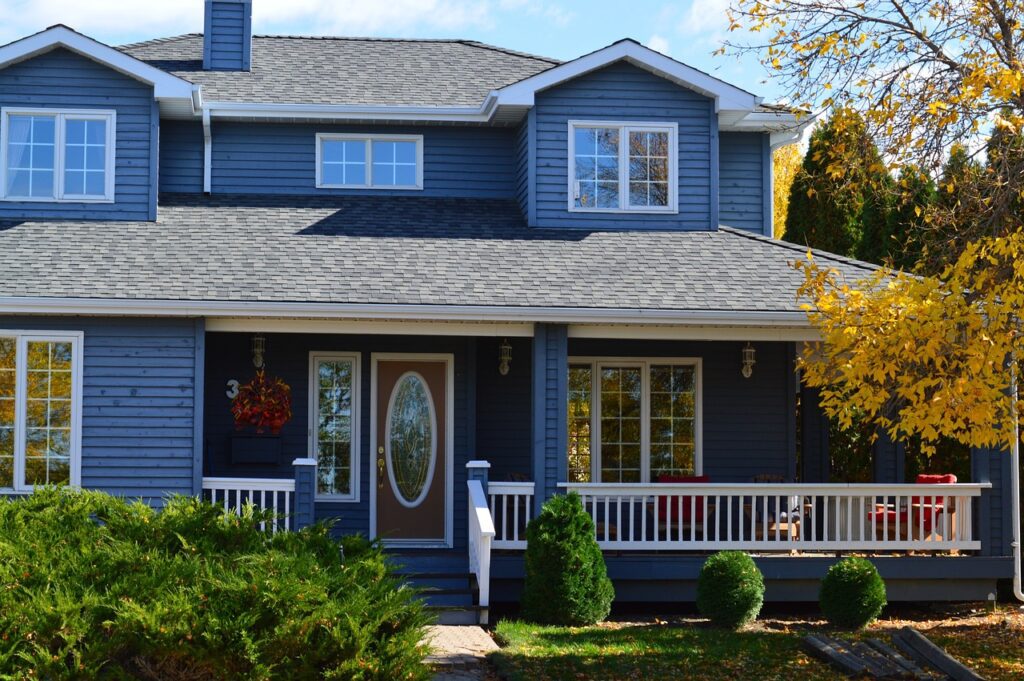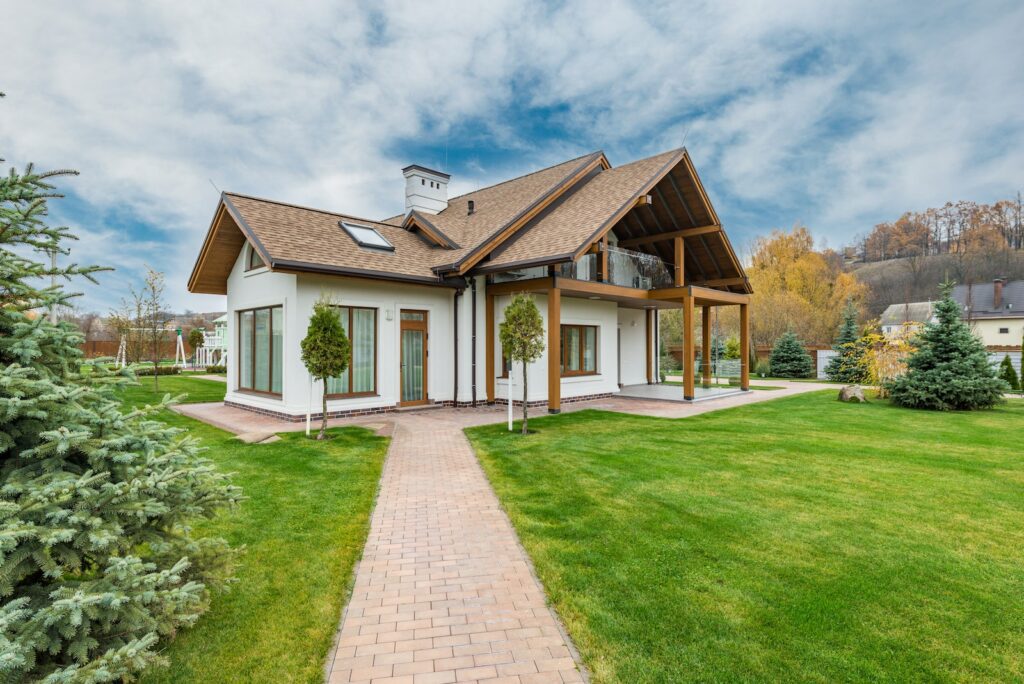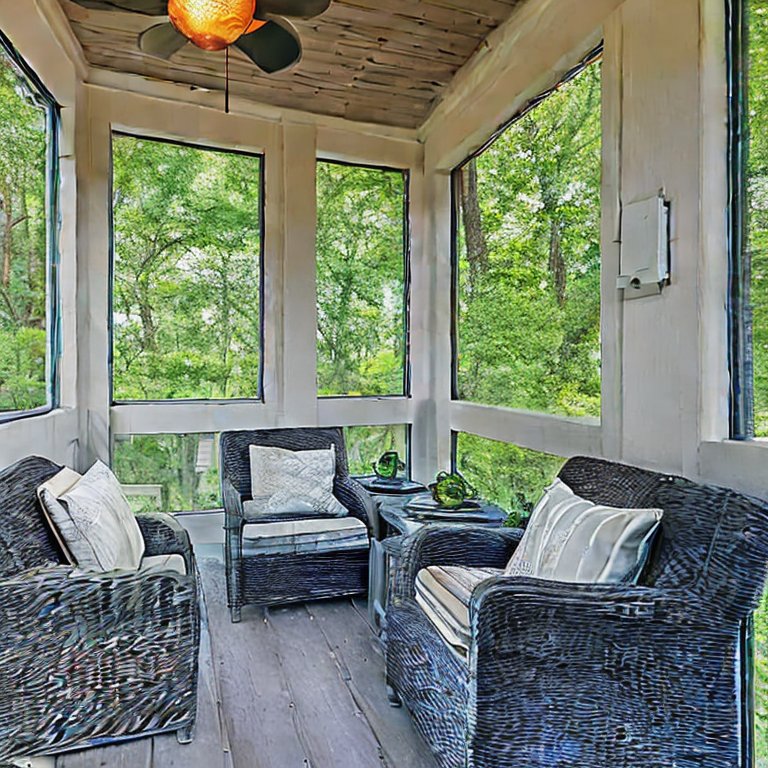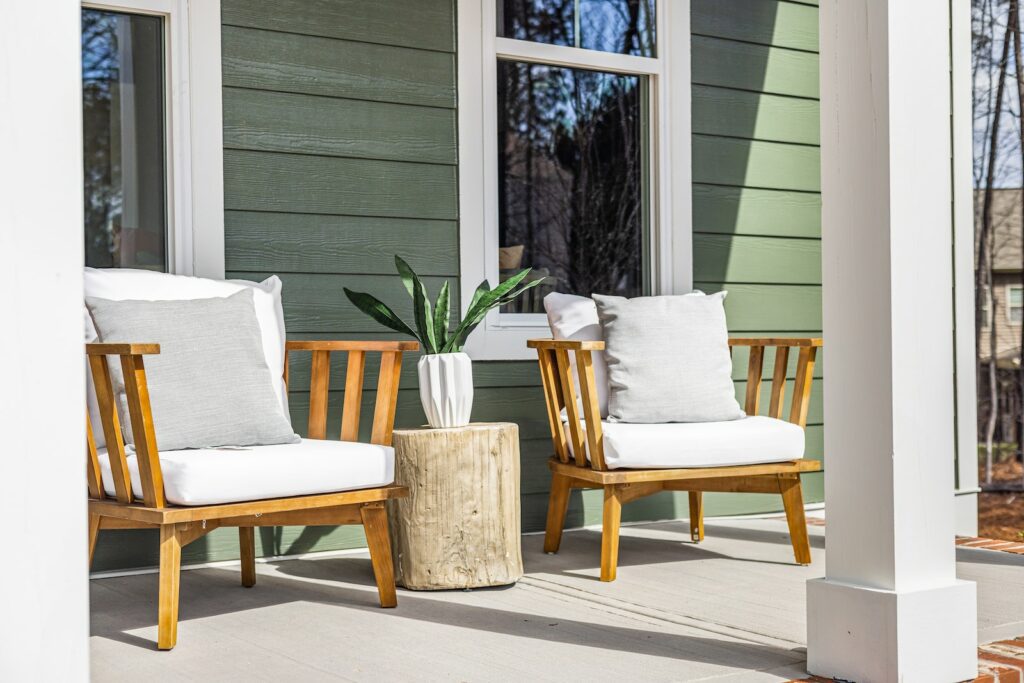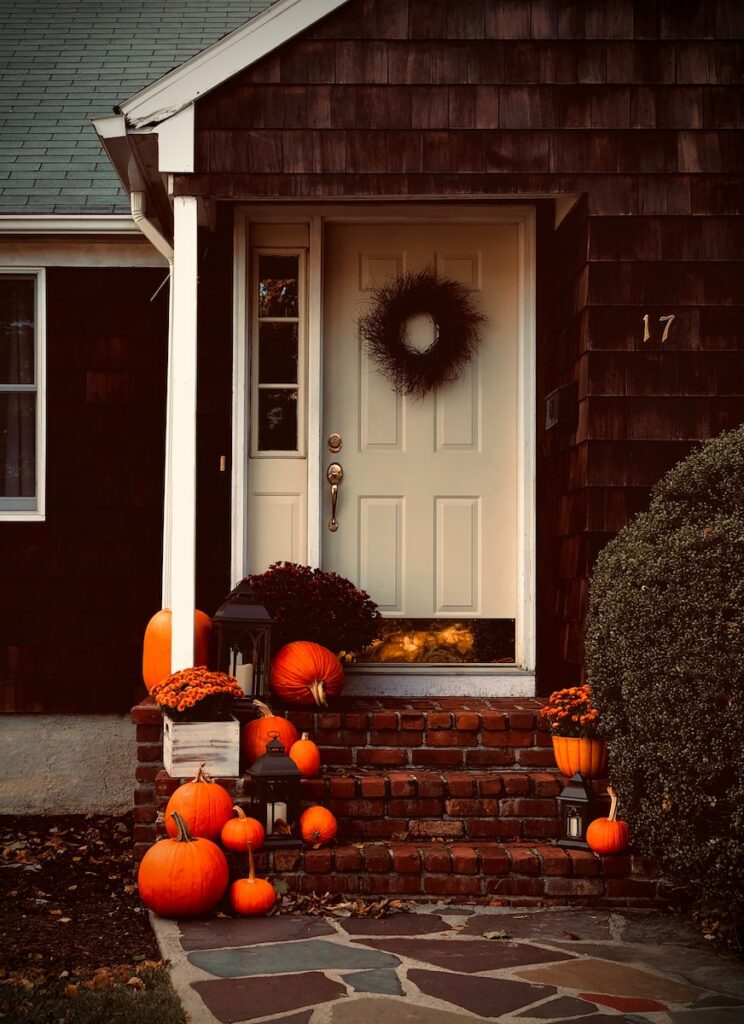Discover the pros and cons of different porch flooring materials to make an informed decision for your outdoor space. From timeless hardwood to durable composite, explore the options and find the perfect match for your needs.
When it comes to designing your dream porch, choosing the right flooring material is essential. Your porch flooring not only sets the tone for your outdoor space but also plays a vital role in its durability and maintenance.
With a myriad of options available, it’s important to weigh the pros and cons of different porch flooring materials to make an informed decision. In this article, we will delve into the advantages and disadvantages of various materials, helping you find the perfect match for your needs, style, and budget.
Natural Beauty of Hardwood
Contents
- 1 Natural Beauty of Hardwood
- 2 Versatility of Composite Decking
- 3 Tile Flooring: Beauty and Practicality
- 4 FAQs About The Pros And Cons Of Different Porch Flooring Materials
- 4.1 Q1: Which porch flooring material is the most affordable?
- 4.2 Q2: Can hardwood flooring be used in areas with high humidity or heavy rainfall?
- 4.3 Q3: How often does composite decking need to be replaced?
- 4.4 Q4: Do tiles get slippery when wet?
- 4.5 Q5: Can hardwood flooring be refinished if it gets scratched or worn out?
- 4.6 Q6: Are there any eco-friendly options for porch flooring materials?
- 5 Conclusion on The Pros And Cons Of Different Porch Flooring Materials
Hardwood flooring exudes timeless elegance and natural beauty, adding warmth and sophistication to your porch. However, it comes with its own set of pros and cons.
Pros
- Classic Appeal: Hardwood floors lend a timeless charm to your porch, elevating its aesthetic appeal and creating a welcoming ambiance.
- Variety of Options: With a wide range of wood species to choose from, including oak, teak, and cedar, you can find a hardwood that complements your porch design and personal style.
- Durability: High-quality hardwood is known for its durability and longevity, able to withstand heavy foot traffic and outdoor elements.
- Refinishing Potential: Over time, if your hardwood porch floor gets scratched or worn out, it can be sanded and refinished, restoring its original beauty.
- Natural Insulation: Hardwood acts as a natural insulator, keeping your porch cooler in the summer and warmer in the winter.
Cons
-
- Cost: Hardwood flooring can be a significant investment, with prices varying based on the type of wood and quality.
- Maintenance: Hardwood requires regular maintenance, including sealing and staining, to protect it from moisture, sunlight, and pests.
- Prone to Fading: Over time, prolonged exposure to sunlight can cause hardwood floors to fade, requiring periodic refinishing to maintain their original color.
- Vulnerable to Moisture: Hardwood is susceptible to moisture damage, making it less ideal for regions with high humidity or heavy rainfall.
Versatility of Composite Decking
Composite decking is a popular choice for porch flooring due to its versatility, durability, and low maintenance. Let’s explore the pros and cons of this modern material.
Pros
-
- Low Maintenance: Composite decking requires minimal upkeep, eliminating the need for staining, sealing, or refinishing.
- Durability: Made from a combination of wood fibers and recycled plastic, composite decking is resistant to rot, insects, and warping.
- Color Retention: Unlike traditional wood, composite decking retains its color and doesn’t require regular painting or staining.
- Eco-Friendly: Composite decking is an environmentally friendly choice, as it utilizes recycled materials and reduces the demand for natural wood.
- Versatility: Available in a wide range of colors, textures, and styles, composite decking allows you to achieve the desired look for your porch.
Cons
-
- Heat Retention: Composite decking can retain heat, especially in direct sunlight, making it uncomfortable to walk on barefoot during hot summer days.
- Initial Cost: While the cost of composite decking has decreased over the years, it still tends to be more expensive than traditional wood options.
- Susceptible to Scratching: Although composite decking is durable, it can still be susceptible to scratches and marks from heavy furniture or sharp objects.
- Limited Repair Options: Unlike hardwood, composite decking cannot be refinished or sanded if it gets damaged. In such cases, replacement may be necessary.
Tile Flooring: Beauty and Practicality
Tile flooring is a versatile option that offers a blend of beauty and practicality for your porch. Let’s explore its pros and cons.
Pros
-
- Design Flexibility: Tile flooring provides a wide array of design options, including various colors, patterns, and textures, allowing you to customize your porch to suit your style.
- Durability: Tiles are resistant to wear, fading, and moisture, making them ideal for outdoor spaces that are exposed to the elements.
- Easy Maintenance: Tiles are easy to clean and require minimal maintenance, typically only needing regular sweeping and occasional mopping.
- Cool and Comfortable: Tile flooring stays cool to the touch, providing relief during hot summer days and making it comfortable for barefoot walking.
Cons
-
-
- Installation Complexity: Proper installation of tile flooring requires professional expertise, as it involves preparing the surface, applying adhesives, and grouting.
- Susceptible to Cracking: While tiles are durable, they can crack under extreme pressure or if heavy objects are dropped on them.
- Grout Maintenance: The grout lines between tiles require regular cleaning and sealing to prevent staining and discoloration.
- Slipperiness: Smooth and glossy tile surfaces can become slippery when wet, posing a potential hazard, especially in areas prone to rain or humidity.
-
FAQs About The Pros And Cons Of Different Porch Flooring Materials
Q1: Which porch flooring material is the most affordable?
A1: When it comes to affordability, traditional wood options tend to be more budget-friendly compared to composite decking or tile flooring.
Q2: Can hardwood flooring be used in areas with high humidity or heavy rainfall?
A2: Hardwood flooring is generally not recommended for areas with high humidity or heavy rainfall, as it is susceptible to moisture damage and warping. It is best suited for drier climates or covered porches.
Q3: How often does composite decking need to be replaced?
A3: With proper maintenance, composite decking can last for many years. However, it may need to be replaced if it becomes severely damaged or if the homeowner desires a different look for their porch.
Q4: Do tiles get slippery when wet?
A4: Smooth and glossy tile surfaces can become slippery when wet, posing a potential hazard. It’s important to choose tiles with a textured or slip-resistant finish for outdoor areas prone to rain or humidity.
Q5: Can hardwood flooring be refinished if it gets scratched or worn out?
A5: Yes, one of the advantages of hardwood flooring is that it can be sanded and refinished if it gets scratched or worn out, restoring its original beauty.
Q6: Are there any eco-friendly options for porch flooring materials?
A6: Yes, composite decking is considered an eco-friendly option as it utilizes recycled materials and reduces the demand for natural wood. Additionally, some manufacturers offer hardwood flooring options that come from sustainably managed forests.
Conclusion on The Pros And Cons Of Different Porch Flooring Materials
Knowing the pros and cons of different porch flooring materials is crucial in your decision making as that affects both the aesthetics and functionality of your outdoor space. Each material has its own unique advantages and disadvantages, and it’s important to consider factors such as durability, maintenance, cost, and style preferences.
Whether you opt for the classic beauty of hardwood, the versatility of composite decking, or the practicality of tile flooring, make sure to weigh the pros and cons carefully to make an informed choice that suits your needs and enhances the overall appeal of your porch.

